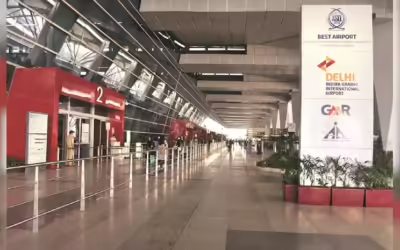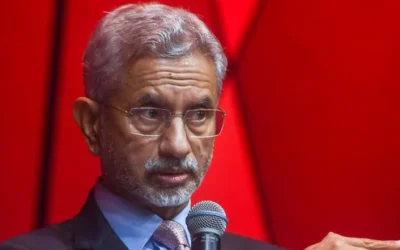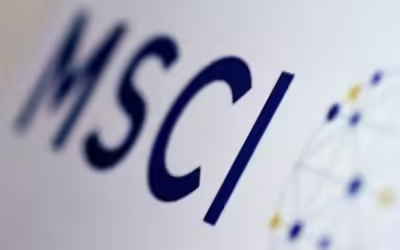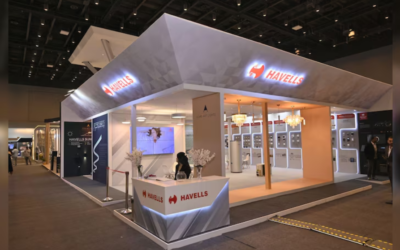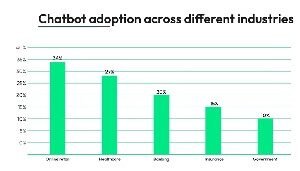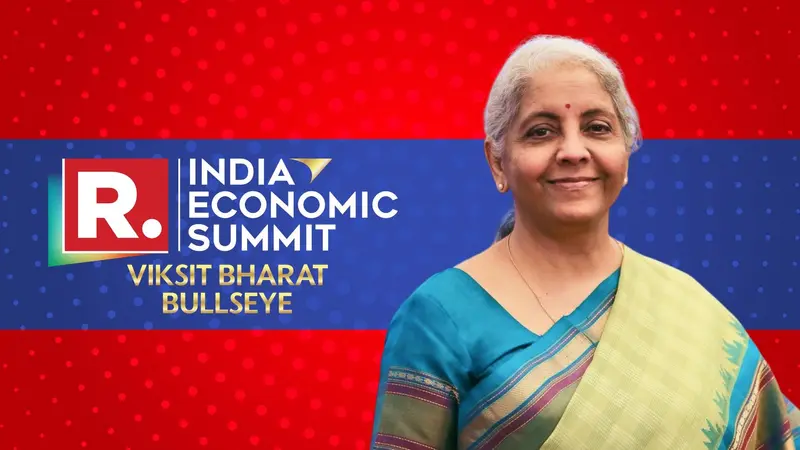The consideration of the government’s proposal to sell a stake in the company was also highlighted by Mishra.
In talks with the Indian government, Hindustan Zinc Limited (HZL), a Vedanta Group entity, is considering dividing the company into two separate units. During an analyst call, CEO Arun Misra highlighted the potential split, subject to approval from the government, a key stakeholder.
The government is still deliberating on the proposition to divest a portion of the company, as highlighted by Mishra. Vedanta Limited, the parent organization, is keen on dividing into two to three segments. However, the government, holding a 29.4% share, is against this restructuring.
During an analyst call, Misra mentioned that discussions with the government regarding the split are ongoing. The creation of distinct entities for zinc, lead, silver, and recycling operations by Hindustan Zinc Limited (HZL) in 2023 aims to unleash untapped value once an agreement is reached between the parties.
The government dismissed a previous suggestion to divide into separate entities in March 2023. As the primary minority stakeholder, the government apprehensively questioned whether the division would truly benefit shareholders.
Misra mentioned that HZL is currently engaging in talks with international mining contractors to initiate the development of mines with the objective of doubling its production to 2 million tonnes per year. He further stated that the agreements are expected to be concluded by November. During the call, Sandeep Modi, the chief financial officer, indicated that the company might seek financial support in the form of debt or equity as part of its plan for a 2 million tonne expansion.
The IT sector has experienced a hiring slowdown for around two to three quarters due to clients reducing costs, but now there is a shift happening. Major IT firms are gearing up for campus recruitment drives focusing on in-demand specialized skills.
TCS experienced a surge in its workforce with the addition of 5,726 employees in the quarter ending in September. Milind Lakkad, the chief HR officer, emphasized the company’s commitment to attracting top-tier talent during the earnings conference call. He highlighted the tailored approach to trainee recruitment, offering varied compensation packages based on different segments. Lakkad noted a significant increase in the hiring of senior-level trainees, doubling the intake compared to the previous year.
The individual mentioned that the organization is actively engaged in developing a range of technologies and transformative initiatives spanning across different technological domains, including SAP S4/HANA, GenAI, and highly specialized skill sets tailored for specific projects. He emphasized that the recruitment for all these endeavors is an ongoing process throughout the quarter.
In the initial half of the year, 11,000 new team members joined the company, and the recruitment process for the fiscal year 2026 has already begun. Following six consecutive quarters of decreasing employee numbers, Infosys welcomed 2,456 new staff members in the second quarter. The company aims to onboard 15,000 to 20,000 fresh graduates in the fiscal year 2025. Meanwhile, Wipro saw an increase of 978 employees and has intentions to recruit around 12,000 individuals during this financial year.
In a recent post-earnings conference, Srini Pallia, the CEO of Wipro, emphasized the importance of instilling an AI mindset, possessing the appropriate skillset, and utilizing the right toolset among all employees to better serve the company’s clients. Wipro is actively dedicated to upskilling its workforce to embrace AI advancements.
Maya Nair, the executive director of Elixir Consulting, mentioned that there has been a resurgence in campus hiring in 2024, indicating a revival in the software industry. Over 44,000 employees have been trained and certified on advanced AI to date, with HCLTech experiencing a decrease of 780 employees in Q2.
Many software firms have been actively engaging in recruitment efforts, both on and off campus, particularly targeting specialized skills such as cloud computing, AI, machine learning, cybersecurity, and ServiceNow since July. Despite the growing emphasis on emerging technologies, the number of recruits possessing specialized expertise is still relatively limited compared to those with general skills. Nair noted that the majority of companies are sticking to the conventional pattern of recruiting, training, and deploying employees rather than exclusively focusing on hiring specialized talent.
Recruitment procedures for campus hires commonly involve language evaluations and coding examinations. Furthermore, there is a growing focus on particular certifications showcasing adeptness in cutting-edge technologies.
Anticipated by the IT services sector is a 20-25% surge in the hiring of fresh talent, highlighting the increasing need for expertise in software development, data engineering, and cloud technology.













